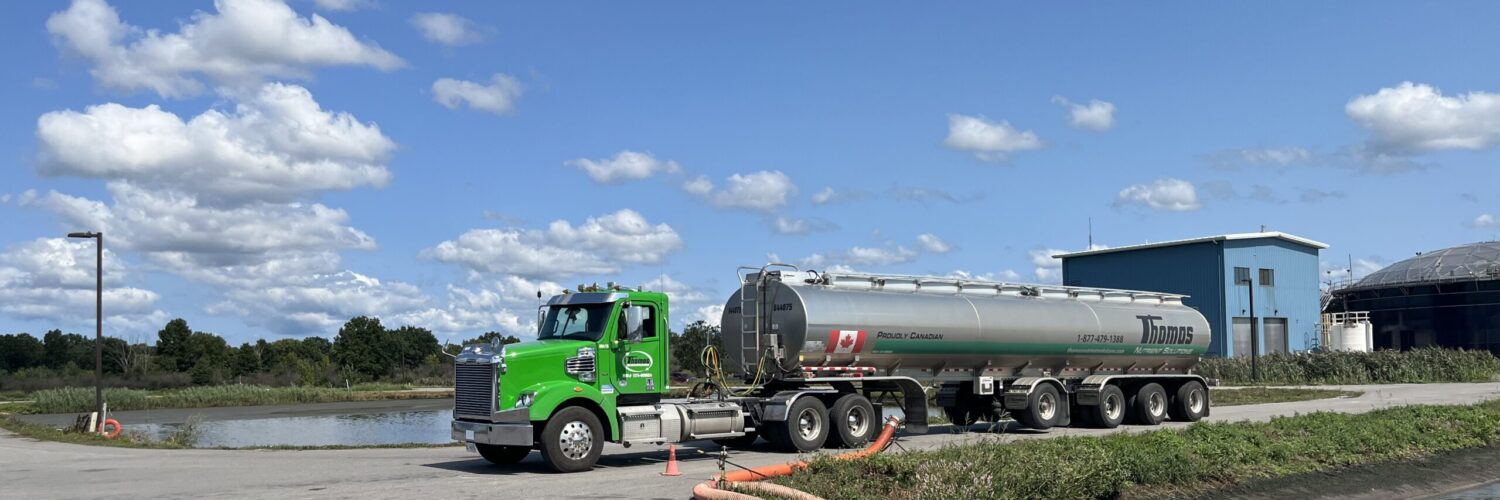Canada Commits to Eliminating Plastic Waste by 2030
Eliminating plastic waste is a major challenge for Canada. Plastic waste is one of the most difficult pollutants to manage because of its widespread use. In Canada, there is an estimated 3 million tonnes of plastic waste produced every year, of which only 9 percent is recycled. This means that a large part of this […]

